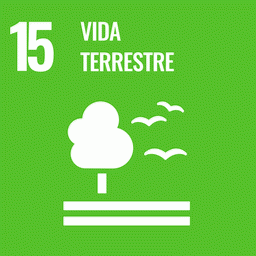Deforestation reduced forest cover in Brazil’s Xingu River Basin (XB; area: 510,000 km2) from 90% of the basin in the 1970s to 75% in the 2000s. Such large-scale land cover changes can substantially alter regional water budgets, but their influence can be difficult to isolate from that of natural climate variability. In this study, we estimate changes to the XB water balance from the 1970s to the 2000s due to climate variations and deforestation, using a combination of long-term observations of rainfall and discharge; satellite-based estimates of evapotranspiration (MODIS) and surface water storage (GRACE); and numerical modeling estimates (IBIS) of water budget components (evapotranspiration, soil moisture, and discharge). Model simulations over this period suggest that climate variations alone accounted for a −82 mm decrease (mean per unit area) in annual discharge (−14%, from 8190 m3 s−1 to 7806 m3 s−1), due to a −2% decrease in precipitation and +3% increase in evapotranspiration. Deforestation alone caused a +34 mm increase in annual discharge (+6%), as a result of a −3% decrease in evapotranspiration and +1% increase in soil moisture across the XB. Climate variability and land cover change thus had opposite effects on the XB water balance, with climate effects masking deforestation-induced changes to the water budget. Protected areas, which cover 55% of the basin, have helped to mitigate the effects of past deforestation on water recycling in the Xingu. However, our results suggest that continued deforestation outside protected areas could trigger changes of sufficient magnitude to offset climate variability.
Princípios e critérios socioambientais de REDD+
Documento que relata o resultado de um processo amplo de construção, que se iniciou com a elaboração de uma primeira versão em outubro de 2009 por um grupo multissetorial da sociedade brasileira.
